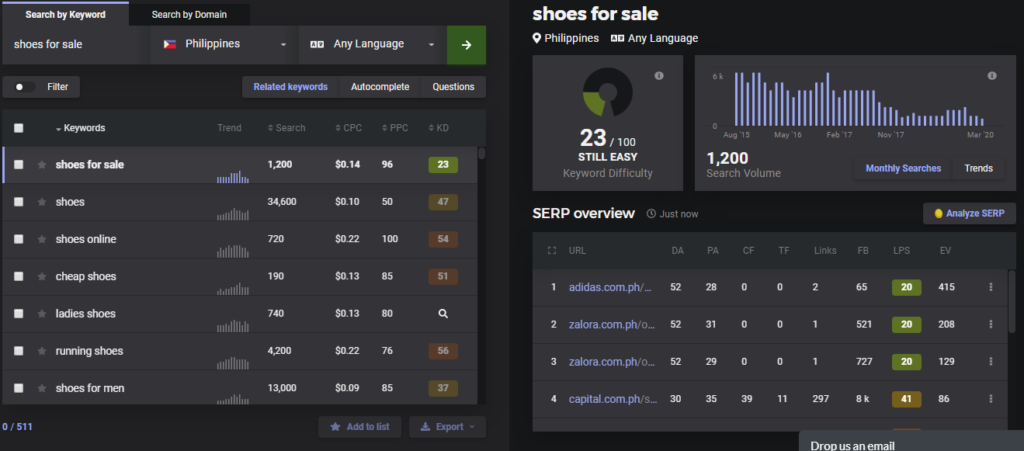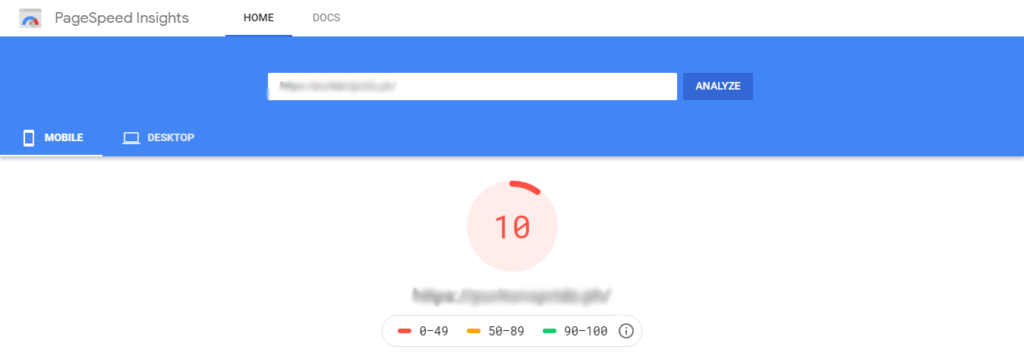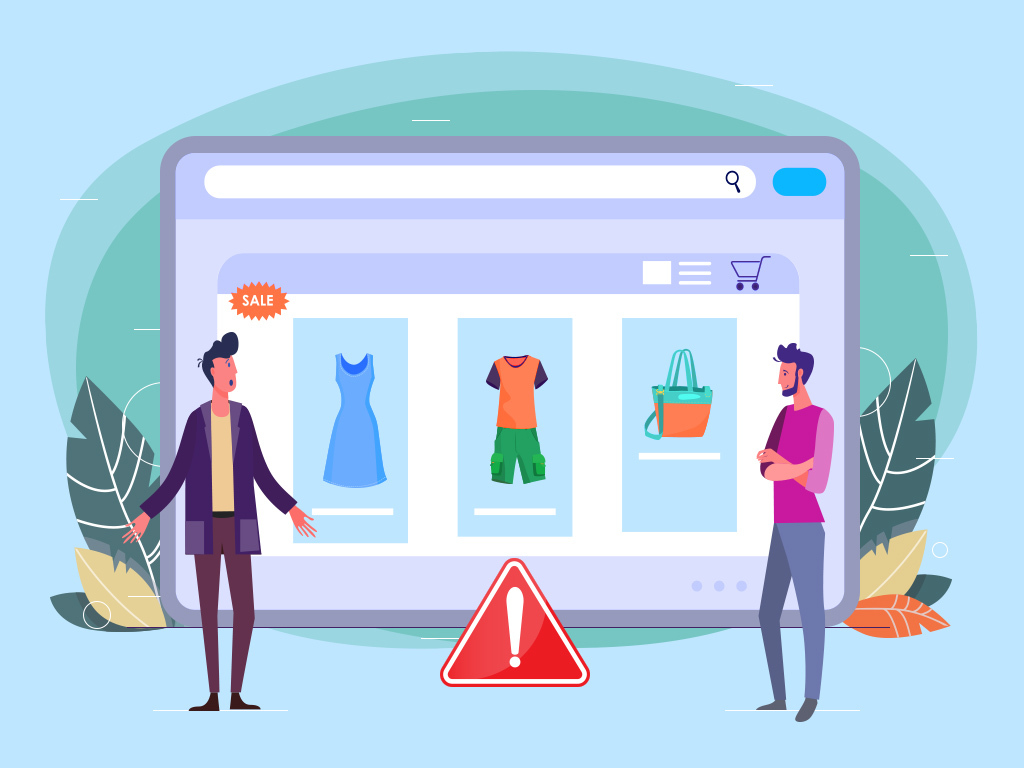Top E-Commerce SEO Mistakes You Should Avoid
If you’re reading this article, there is a possibility that you are either starting or managing an e-commerce website and are looking for tips or you already have an e-commerce website but it’s not getting enough traffic. Trust me, I’ve been there. I’ve handled multiple e-commerce websites with different niches and it is quite a challenge to do e-commerce SEO.
Doing e-commerce SEO not an easy feat. The number of pages inside an e-commerce website can easily blow up into thousands of product pages and before you know it, you’re trying to untie a huge entangled ball of string.
There are so many ways things could go wrong on an e-commerce website that could negatively affect your rankings. You might be earning some right now but you would be surprised how much more you could make if you avoid these e-commerce SEO mistakes and further increase your rankings.
Targetting High Volume Keywords
As with any other SEO campaign, we start it off with keyword research. One of the most common mistakes of e-commerce website owners and managers is that they target high volume keywords. Sure, the big search volume looks good and can get you a lot of customers, but that’s if you are able to rank for those.

The problem with high volume product keywords is that you are also facing off with huge brands. This is a huge waste of time and effort and your SEO efforts would be better off targeting keywords with low volume but with a higher possibility of ranking on the first page. Using geotags on your keywords would also help especially if you are servicing a specific area.
Unoptimized Product URLs
Many e-commerce websites do not give much importance to the URLs of their product pages. When they upload new products, they leave the URLs of pages on automatic which would usually result in random numbers and letters in the URL.
Making your product URLs search-friendly has two benefits. The first is it is considered to be a ranking factor and it is an area of opportunity to add a keyword. Second is having a clean URL makes your website look good in the search results. Most people think about the title tag and meta description but don’t forget that users could see the URLs as well. Having random numbers and letters might be a turn off for some.
Duplicate Content
It is common for e-commerce websites to have products that are almost identical and might only differ in color or size but are uploaded as separate pages. This could hurt your SEO and may be flagged as duplicate content around your website.
You should identify immediately all the pages on your website that have this problem, choose which page you want to be in the search results, and use the rel=”canonical” tag to fix the issue.
Slow Site Speed
Slow website site speed is bad in general but in the case of e-commerce websites, it’s much worse and you can lose a lot of money just because of this. Having a slow website does not only affects your rankings but it also negatively affects the shopping experience of your customers on the website.
The problem is, e-commerce websites are generally slower than most websites because there are a lot of resources to load but it doesn’t mean you can’t do better. You could use tools to automatically optimize the images on your website and you could also use lazy loading. Slow website speeds can also be affected by your hosting services. I highly recommend that you opt for a fully managed hosting provider and get the best hosting services for your website.

Not Optimizing for Mobile
It’s been a while since Google has switched to mobile-first indexing for all of the websites in their index. This just shows how important it is to have a mobile-friendly version of your website. Most users surf through e-commerce websites on phones. In some of the websites that I handle currently, more than 70% of traffic comes from mobile. Not having a mobile-friendly version of your website is a crucial mistake. Similar to slow website speed, it could gravely affect the user experience and would increase the chances of customers leaving than turning them into a sale.
Not Having Structured Data
Structured data is usually left out when optimizing websites because it doesn’t have a direct impact on rankings. However, e-commerce websites can greatly benefit from Product structured data.
Proper implementation of Product structured data around your website enables Google to display additional information about your product in the search results. This makes your listing visually more appealing and can possibly increase your click-through rate. It’s going to take a lot of time to implement schema if you plan to do it manually but there are a lot of tools that automate this process.
Key Takeaway
Using e-commerce to sell your products online is always a good idea as it is one of the best ways to grow your business in today’s market. If you own or manage an e-commerce website, always consider the technical aspects of your website that might affect SEO because search will be one of your top traffic sources, and having an SEO-friendly website is a must.
